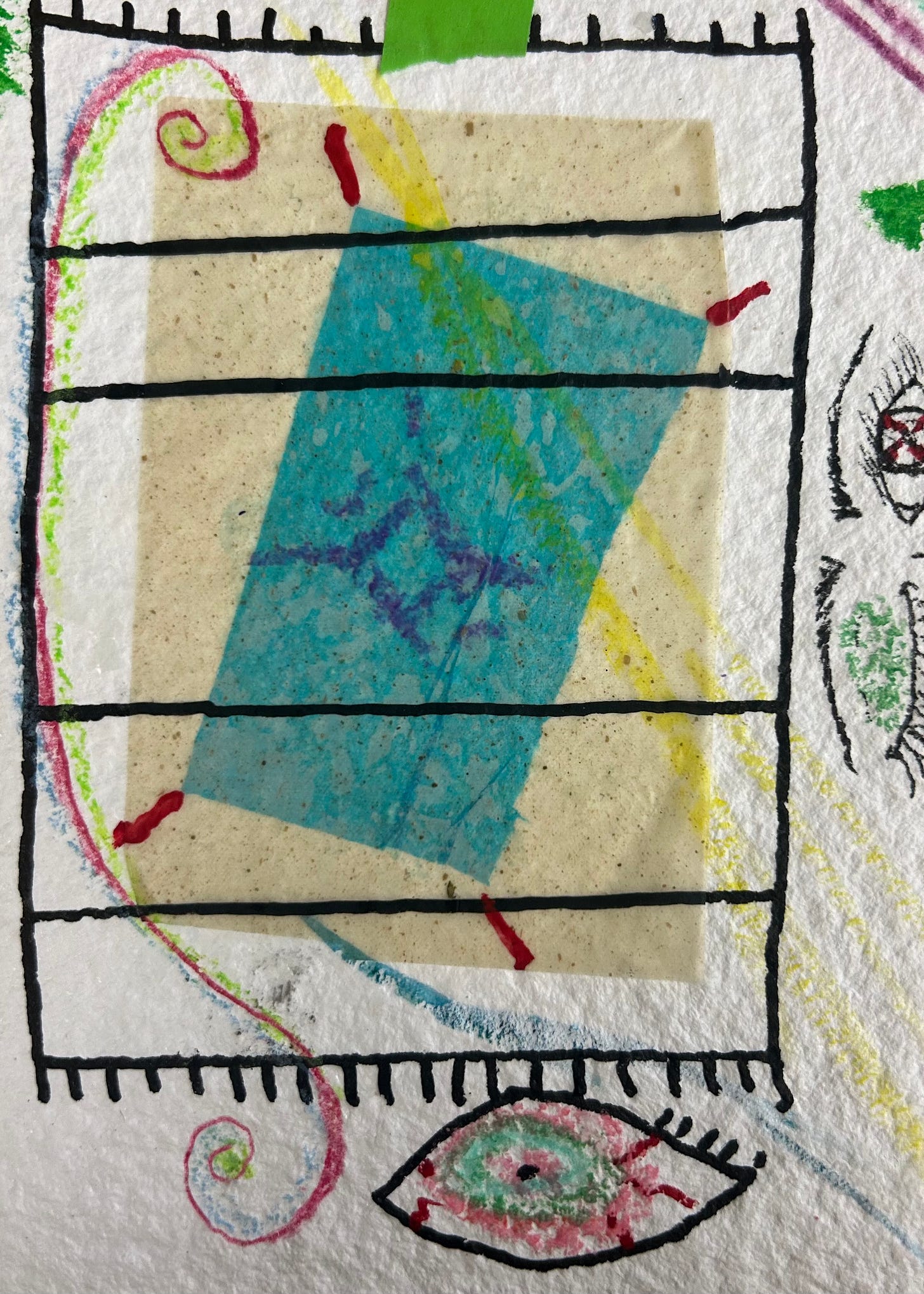In 2021, Ezra Klein interviewed Bessel van der Kolk, author of The Body Keeps the Score, a dense read from 2014 about the Dutch psychiatrist’s work treating trauma patients. And while it was written for a clinical audience, it has been circulating on the NY Times Best Seller List for 303 weeks. I have seen more than one copy of The Body Keeps the Score in the hands of men at Oregon State Penitentiary. If the title piques your interest, I encourage you to listen to this conversation. Klein gives a summary statement of the book’s central notion: “They (traumatic experiences) can disconnect our body and our mind. That is when an experience becomes a trauma — when it disconnects us... The devastating argument it makes is not that the body keeps the score, it’s that the mind hides the score from us. The mind — it hides and warps these traumatic events and our narratives about them in an effort to protect us. Human beings are social animals. And our minds evolve to manage our social relationships.” Van der Kolk makes a case for how physical activities such as yoga or group activities like singing are ways to unlock those hidden histories. The conversation is much more complex of course, and many of the ideas have stuck with me when we are writing and listening to one another at the writer’s table.
This week we compiled works to wind and unwind the ways our writers have coped with trauma. J. Hunter’s “Dirty Copper Penny” delivers a scene from the past and recounts the visceral sensation of taste. While the adult Manda Moonlight contextualizes the experience of a child pressured to take on the responsibility of an adult in “The Child is Adult.” Stressla Lynn Johnson and Shaylyn Troxel both offer balms for trauma responses. Shaylyn writes guided meditations to help her peers, as illustrated in “Join Memories with Reality Connections.” And Stressla’s “A Breath’s Echo” soothes the reader in the repetition of a mantra “…Again.” | TDS


